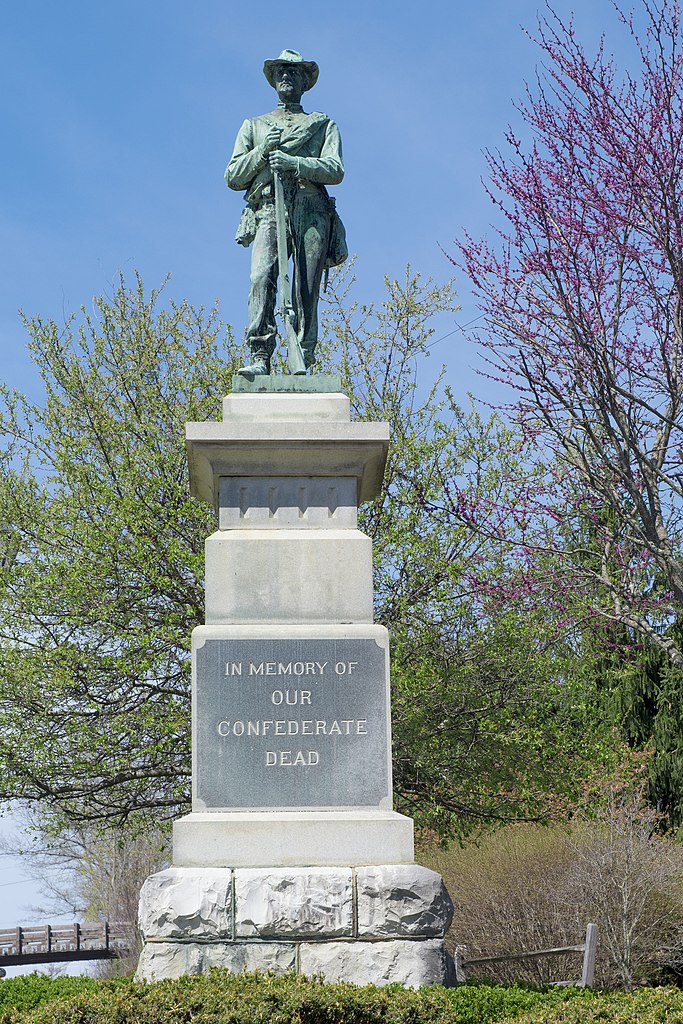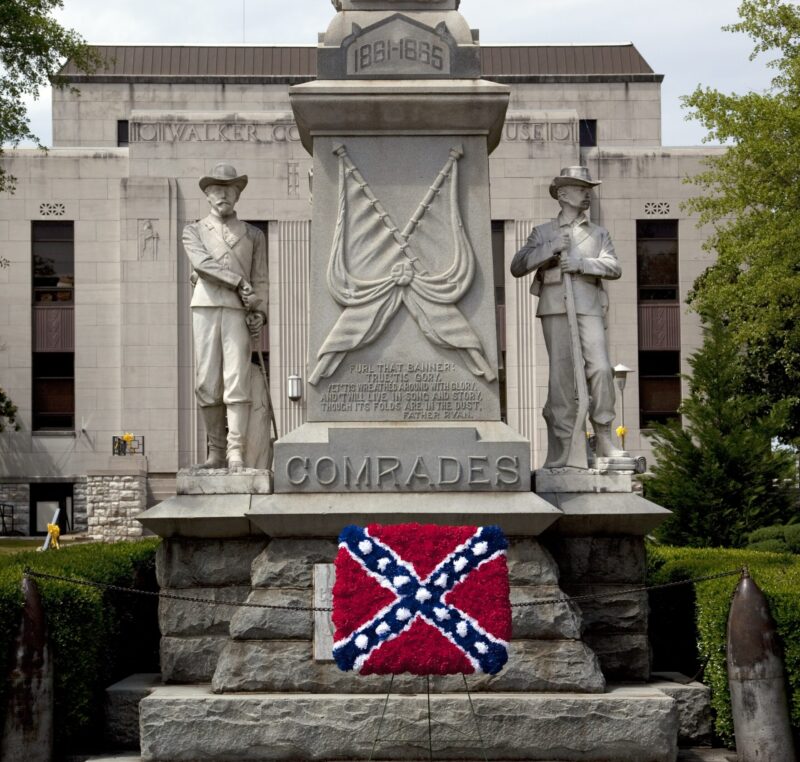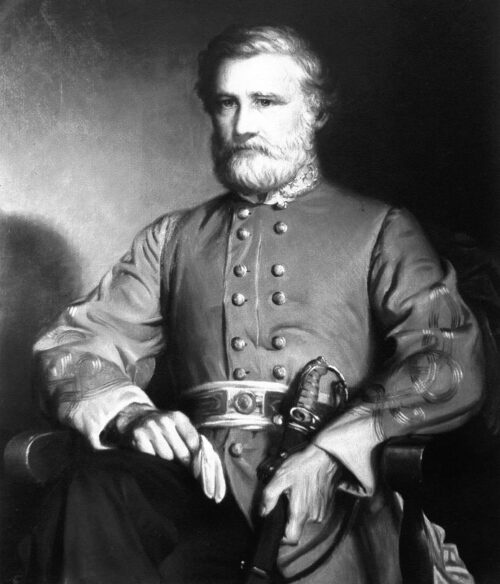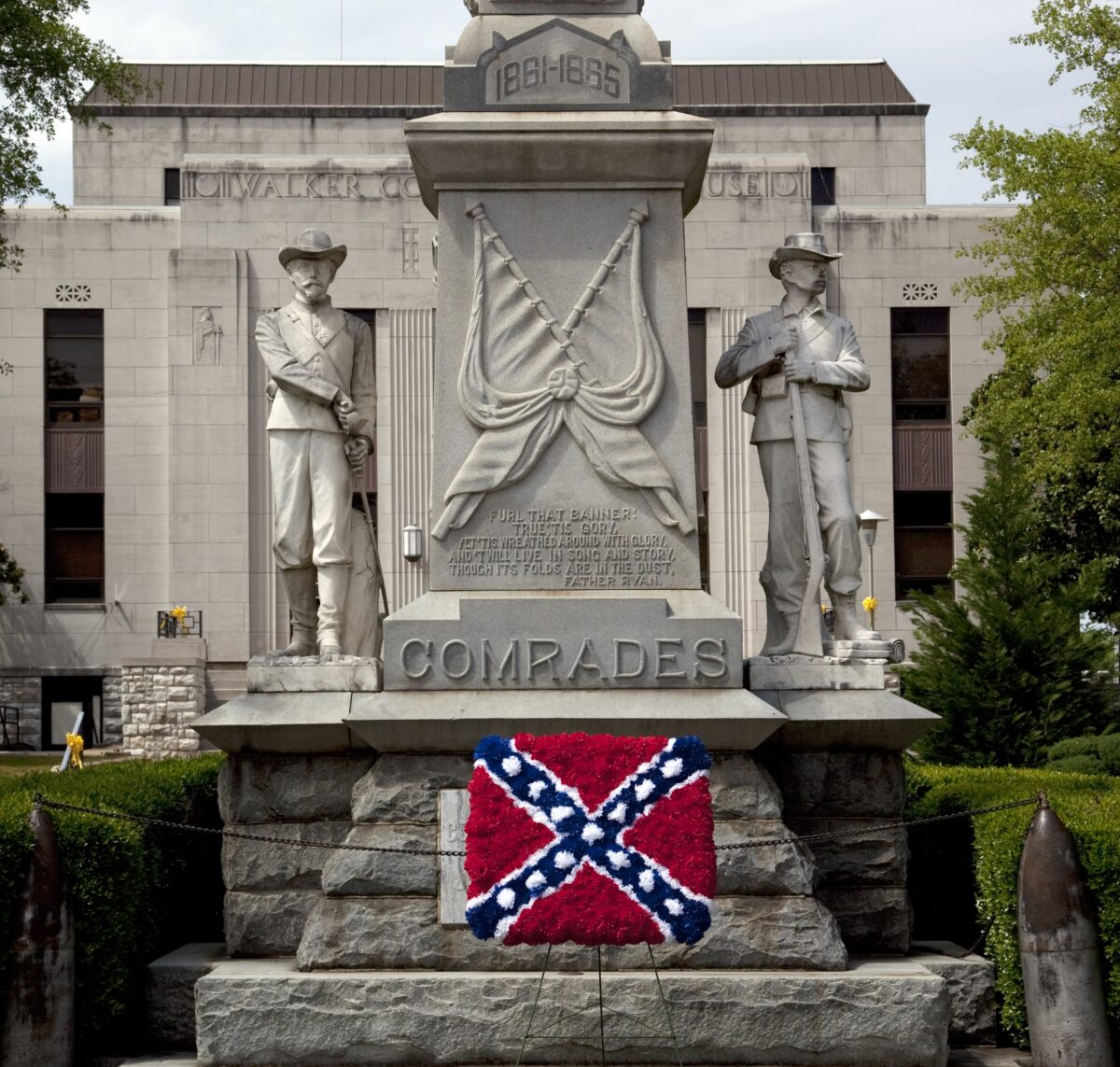Since the tragic death of George Floyd, an African American man who was murdered by a white policeman in Minneapolis on May 25, the United States appears to have embarked on what could well be an historic reckoning with the scourge of racial discrimination.
A rainbow of protesters across the nation are demanding not only justice but real fundamental change.
Two of their demands go to the heart of the matter: the removal of Confederate monuments from public places in American cities and the erasure of the names of Confederate generals from U.S. army bases.

These are just and reasonable demands.
The statues of major Confederate figures, such as General Robert E. Lee, were erected after the U.S. Civil War to memorialize the Southern secessionist cause and to glorify white supremacy over black people. These memorials were intrinsically insulting to black people and a blot on American democracy.
The nation-wide outrage sparked by Floyd’s murder has emboldened some Americans to tear down such inappropriate memorials. Demonstrators have defaced and toppled Confederate statues in Alabama and Virginia, and in Richmond, Jacksonville and Indianapolis they have been peacefully removed. One can expect more of the same in the near future.
At the University of Alabama, once a bastion of resistance to desegregation, three Confederate plaques are scheduled to be removed, and a committee will conduct a review of buildings that bear the names of Confederate personalities.

These are measures that should have been adopted years ago. Lest we forget, the Confederacy fought to preserve a wretched system of slavery that doomed four million black people to perpetual servitude and humiliation. And during the postwar Jim Crow era, Southern states exploited existing political, social and economic structures to consign African Americans to second-class citizenship.
America will be a better place without such monuments, which should be placed in museums. Just as Germany demolished statues of Adolf Hitler after World War II and former Soviet satellite countries like Poland, Estonia and Hungary tore down statues of Joseph Stalin after the collapse of communism in the late 1980s, so the United States must finally come to terms with its own demons.

Confederate statues, the visible representations of racism and oppression, are a jarring anachronism in a country that seems intent on righting the wrongs of the past.
Ten military bases in the United States named after high-ranking Confederate officers also pose a problem. They include Fort Benning in Georgia, which bears the name of Henry Benning, and Fort Bragg in North Carolina, which honors Braxton Bragg.

Two U.S. politicians, Anthony Brown — a Democrat from Maryland and a retired army colonel — and Don Bacon — a Republican from Nebraska and a retired air force brigadier general — have tabled legislation in the House of Representatives to rename these bases within a year.

This is an important bipartisan initiative. Nearly 20 percent of the soldiers in the American armed forces are African Americans, and they should no longer have to endure the indignity of serving on bases that honor Confederate generals
President Donald Trump has voiced opposition to renaming these bases. He should seriously reconsider his outdated position. Time marches on and Trump should be in step with it.
